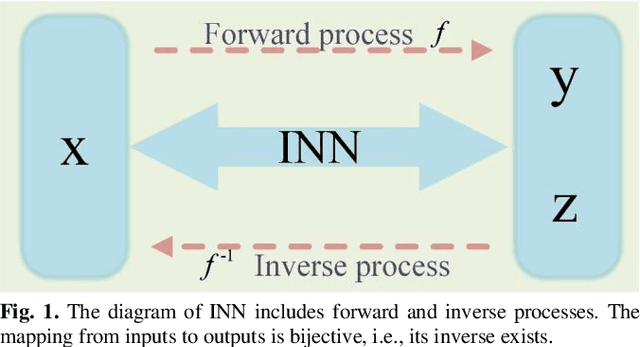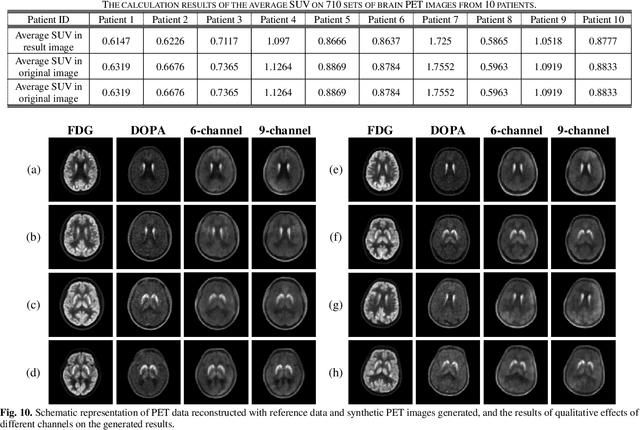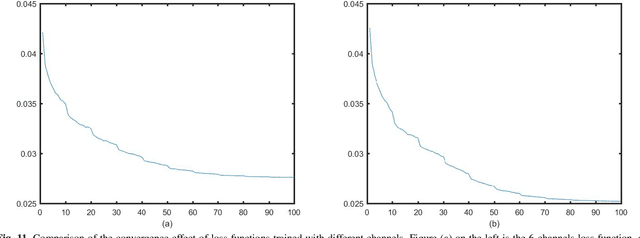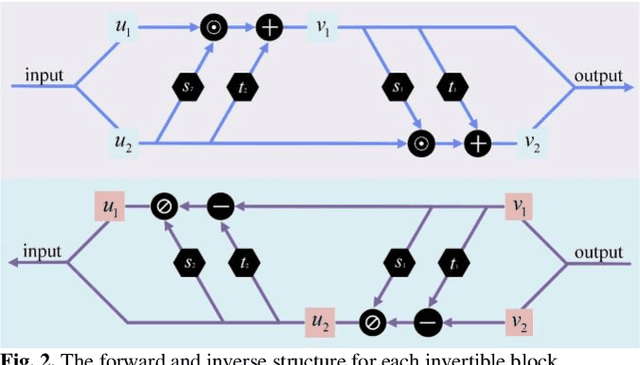Weirui Zhang
PET Tracer Conversion among Brain PET via Variable Augmented Invertible Network
Nov 15, 2023



Abstract:Positron emission tomography (PET) serves as an essential tool for diagnosis of encephalopathy and brain science research. However, it suffers from the limited choice of tracers. Nowadays, with the wide application of PET imaging in neuropsychiatric treatment, 6-18F-fluoro-3, 4-dihydroxy-L-phenylalanine (DOPA) has been found to be more effective than 18F-labeled fluorine-2-deoxyglucose (FDG) in the field. Nevertheless, due to the complexity of its preparation and other limitations, DOPA is far less widely used than FDG. To address this issue, a tracer conversion invertible neural network (TC-INN) for image projection is developed to map FDG images to DOPA images through deep learning. More diagnostic information is obtained by generating PET images from FDG to DOPA. Specifically, the proposed TC-INN consists of two separate phases, one for training traceable data, the other for rebuilding new data. The reference DOPA PET image is used as a learning target for the corresponding network during the training process of tracer conversion. Meanwhile, the invertible network iteratively estimates the resultant DOPA PET data and compares it to the reference DOPA PET data. Notably, the reversible model employs variable enhancement technique to achieve better power generation. Moreover, image registration needs to be performed before training due to the angular deviation of the acquired FDG and DOPA data information. Experimental results exhibited excellent generation capability in mapping between FDG and DOPA, suggesting that PET tracer conversion has great potential in the case of limited tracer applications.
 Add to Chrome
Add to Chrome Add to Firefox
Add to Firefox Add to Edge
Add to Edge